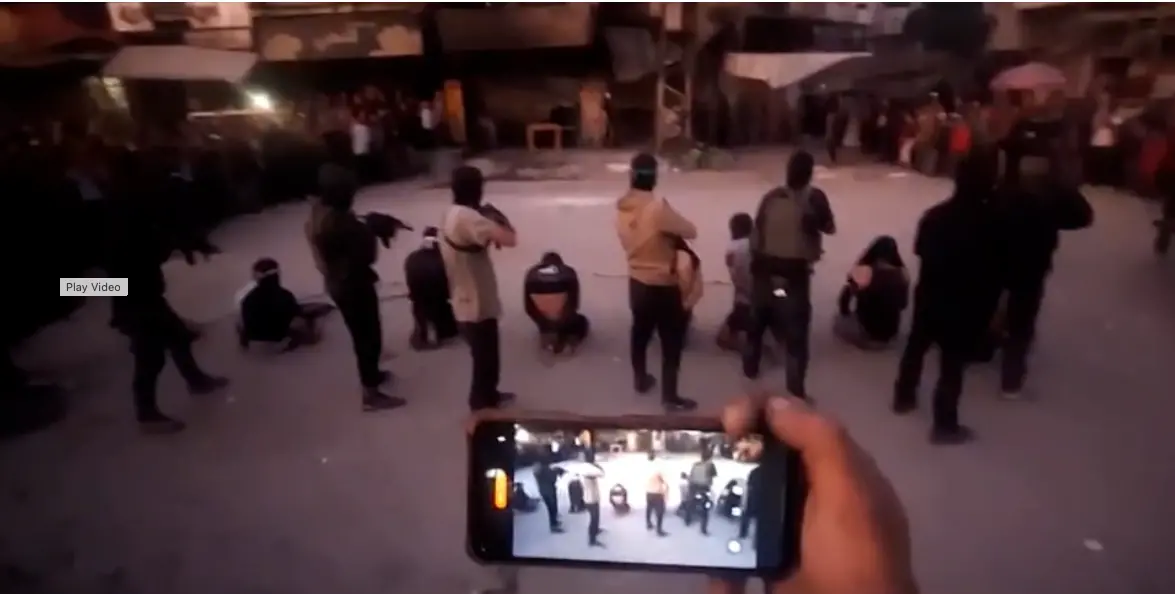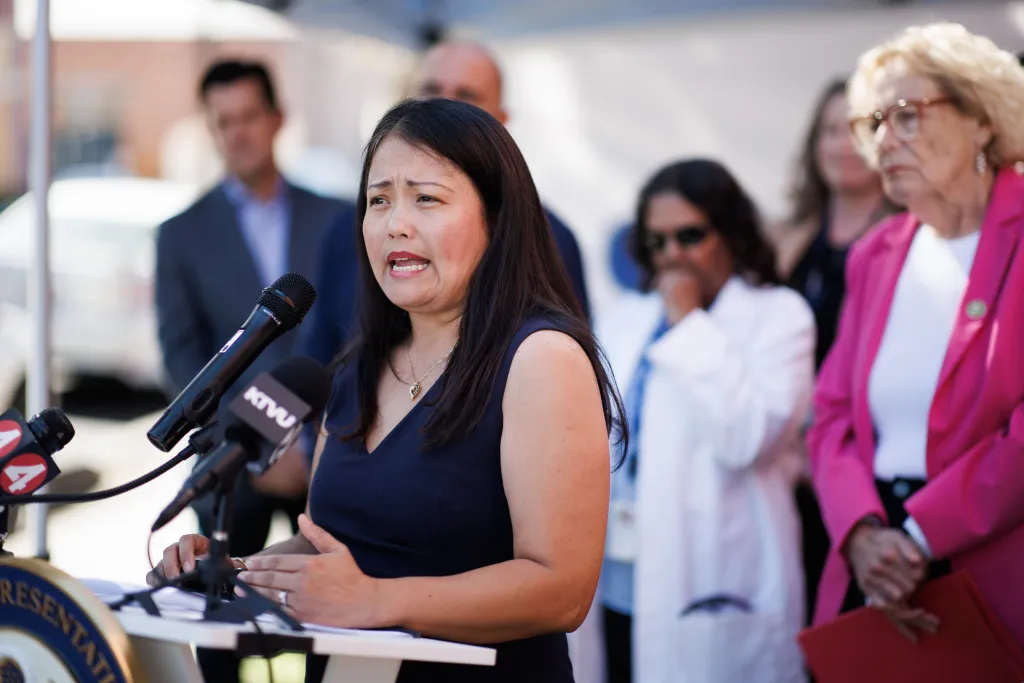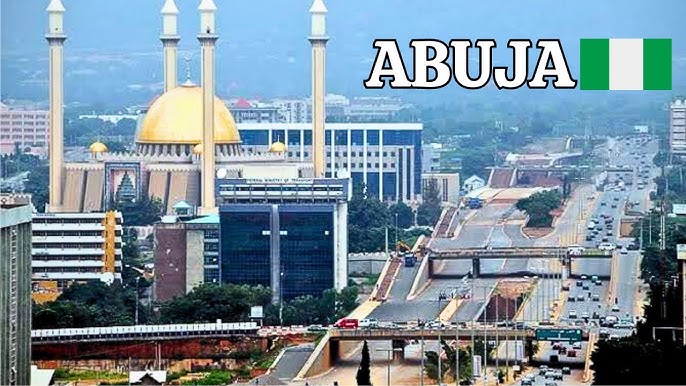Copyright thejc

A neighbour in Gaza suffers from Alzheimer’s. He has been displaced four times during this war. He no longer remembers the events of October 7 or how it began. Yet one memory survives: the “victories”. Recently he smiled and said, “We’ve won every time – what’s new about this one?” In a city of ruins, his fading mind holds the clearest thought of all: that every so-called victory ends in the same destruction, the same slogans, the same silence. Gaza today stands on the edge of exhaustion. Streets once filled with life have become corridors of dust. The last Israeli hostage once held by Hamas has returned home; the movement had claimed their captivity served the dream of a state “from the river to the sea”. What remains instead is a population stripped of safety and shelter still declaring triumph over devastation. The pattern is familiar. Each round of war brings the same outcome – destruction followed by proclamations of glory. The rhetoric of resistance grows louder as the prospects for ordinary people shrink. In the absence of accountability or reconstruction, the illusion of victory becomes the only product left to sell. Behind this theatre stands a network of regional sponsors that treat Gaza’s tragedy as a means of influence. Iran, Qatar and others have turned conflict into an arena of investment and ideology. For some, it is leverage; for others, a business. Militias are managed like franchises, funded and promoted as brands. Every escalation becomes another match in the league of regional power – an event that entertains outsiders while Gazans live with the consequences. Inside Gaza, the struggle is not only with Israel but within. Many who once kept silent now ask whether mere endurance should still be called loyalty. Hamas senses this unease. Its security forces monitor conversations and suppress dissent, fearing obedience is slipping away from the population it claims to defend. The siege is as much political as physical. Repression is the regime’s primary instrument: surveillance, arrests, intimidation and unspeakable scenes of public executions and torture. Just as Hamas live-streamed the atrocities of October 7 to terrify Israelis, it makes use of video recordings of its brutality against alleged enemies within to strike fear into ordinary Gazans. A careless word can brand someone a traitor, a blasphemer, or a rival to be eliminated. And it works: Hamas is gradually reasserting control over areas beyond the reach of the IDF. Meanwhile, the world’s sympathy flows easily, but moral clarity does not. Where are the protestors who for two years claimed to care for Gazans, now that footage of Hamas’s cruelty against its own people floods social media? Are the activists who filled the streets of Western cities and all those human rights organisations truly for us Palestinians – or simply against Israelis? On Hamas Telegram channels the group pronounces that they won't disarm. They see the ceasefire as merely time to rebuild to restart the next war. It already broke the deal, attacking IDF positions, prompting deadly retaliation. Humanitarian concern is necessary, but without political honesty it becomes another ritual that sustains the cycle. Viewing Gaza purely as a battlefield between two sides ignores the internal oppression that prolongs its suffering. Real peace requires more than ceasefires or aid. It demands dismantling the economic and ideological machinery that profits from endless conflict – from regional patrons to local rulers who depend on despair to maintain power. The vision of a Gaza governed by civilians rather than militants is not naïve; it is the minimum condition for recovery. A society that values education, opportunity and safety over martyrdom could, for the first time in decades, begin to resemble a normal community rather than a permanent front line. The longing for normal life now outweighs the appetite for heroic slogans. People want to wake up without fear, to rebuild without permission, to live without being told that survival itself is victory. Over the rubble, banners of triumph still flutter. Yet beneath them, the truth endures – one that even an old man with fading memory can still recall: those who have lost everything cannot celebrate defeat disguised as victory. Moumen Al-Natour is a lawyer from Gaza, Founder of the We Want to Live movement, a former political prisoner of Hamas, and president of the Palestinian Youth Organization for Development



